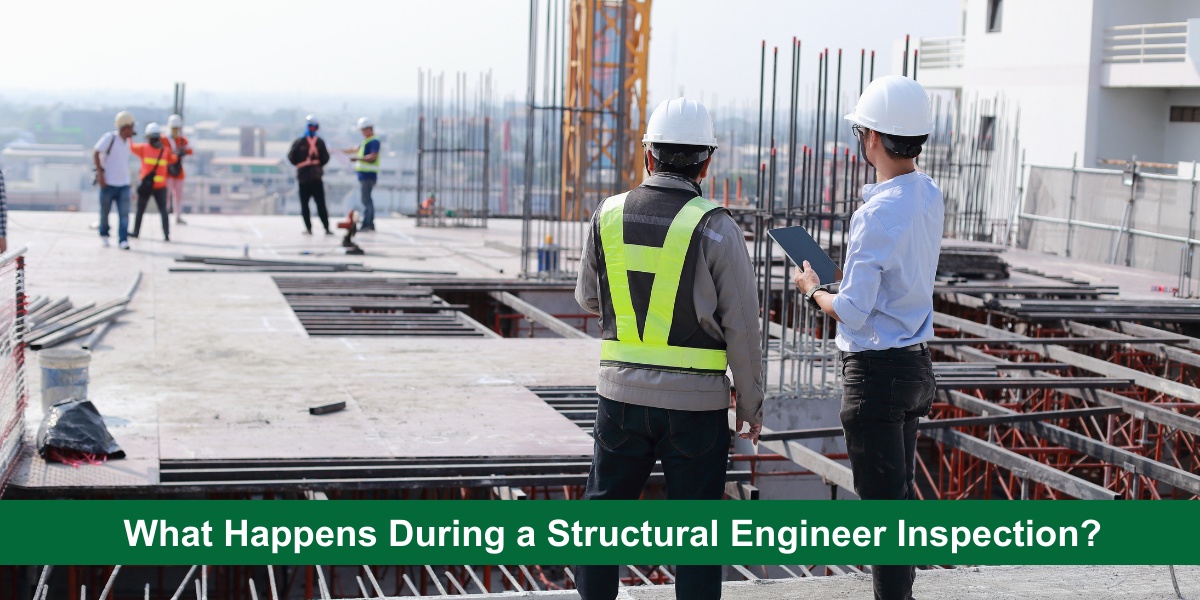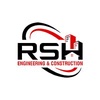Introduction:
When it comes to the safety and stability of your home, nothing is more crucial than understanding the intricacies of a structural engineer inspection. In this blog post, we'll take you behind the scenes, shedding light on the critical role that local home inspectors play in ensuring the structural integrity of your property.
The Importance of Structural Engineer Inspections:
Homeownership comes with its set of responsibilities, and one of the foremost is ensuring that your property is structurally sound. This is where a structural engineer inspection becomes indispensable. Unlike routine home inspections conducted by local home inspectors, a structural engineer inspection delves deeper into the bones of your house.
Local Home Inspectors vs. Structural Engineers:
While local home inspectors play a vital role in assessing general aspects of a property, such as electrical systems, plumbing, and roofing, structural engineers bring a specialized skill set focused on the underlying structural components. A structural engineer is trained to identify potential issues related to the foundation, load-bearing walls, and overall structural stability.
The Process Unveiled:
-
Preliminary Assessment: The inspection begins with a preliminary assessment of the property's history, any previous structural work, and any visible signs of distress. This might include cracks in the walls, uneven floors, or doors that don't close properly.
-
Foundation Inspection: The foundation is the bedrock of any structure. A structural engineer will meticulously inspect the foundation for signs of settlement, cracks, or other issues that could compromise its stability.
-
Load-Bearing Elements: Load-bearing walls and columns are scrutinized to ensure they are adequately supporting the weight of the structure. Any signs of stress or inadequate support are carefully noted.
-
Roof Structure Examination: The roof is another critical component, and the structural engineer will assess its framing and integrity. This includes checking for proper support and identifying any signs of water damage or structural compromise.
-
Assessment of Structural Elements: Beams, joists, and other structural elements are thoroughly examined to identify any signs of deterioration, damage, or inadequate construction.
-
Detailed Documentation: Throughout the inspection, the structural engineer documents their findings with precision. This documentation serves as a comprehensive report for the homeowner, detailing any issues discovered and providing recommendations for remediation.
-
Professional Recommendations: Based on their findings, the structural engineer will offer professional recommendations for addressing any structural issues. This may involve repairs, reinforcements, or further evaluation by specialists in certain cases.
-
Communication with Local Home Inspectors: In some cases, structural engineers may collaborate with local home inspectors to ensure a holistic understanding of the property. This teamwork enhances the overall inspection process, providing homeowners with a comprehensive overview of their property's condition.
Conclusion:
A structural engineer inspection is a crucial step in ensuring the long-term stability and safety of your home. While local home inspectors play a vital role in routine assessments, the specialized expertise of structural engineers is invaluable when it comes to evaluating the structural integrity of a property. By understanding the intricacies of the inspection process, homeowners can make informed decisions about their property and take proactive steps to address any issues identified during the inspection. Remember, investing in a structural engineer inspection today can save you from potential headaches and expenses in the future, providing peace of mind and security for you and your family.


No comments yet